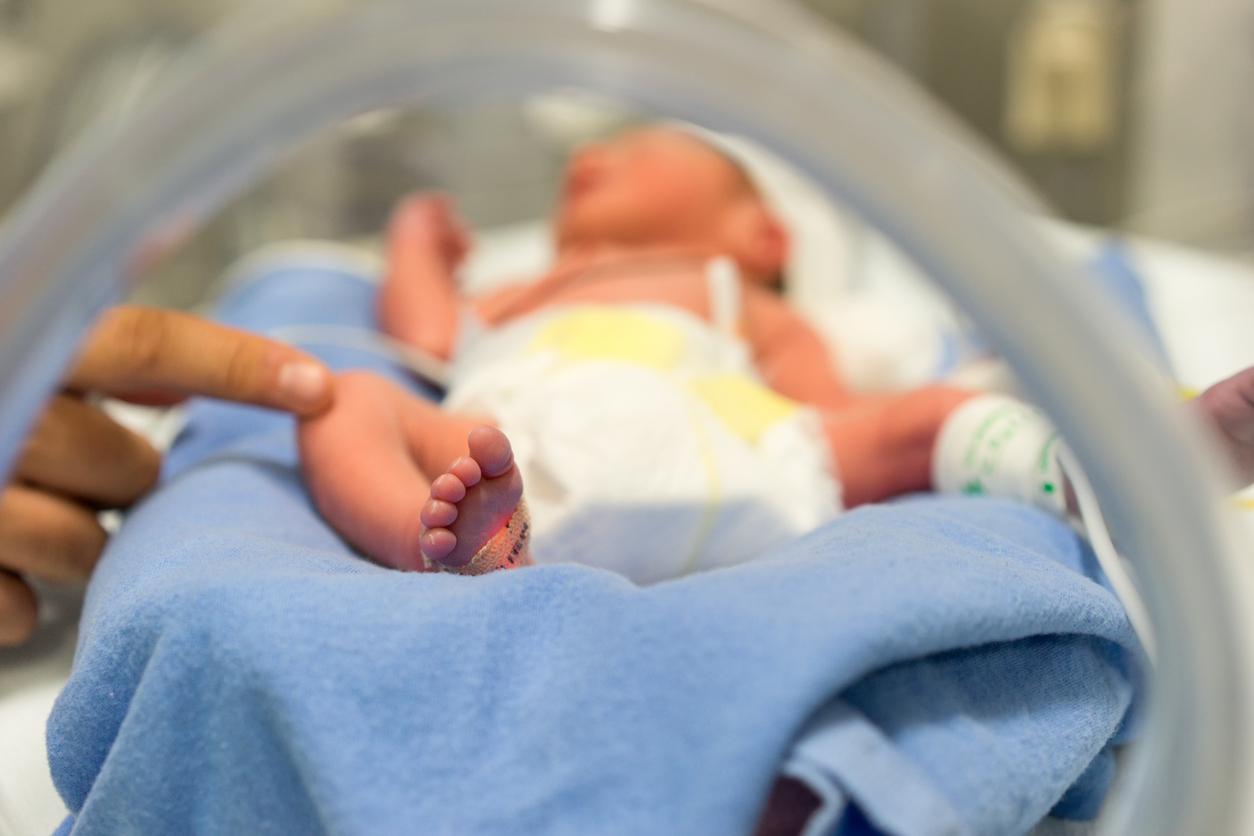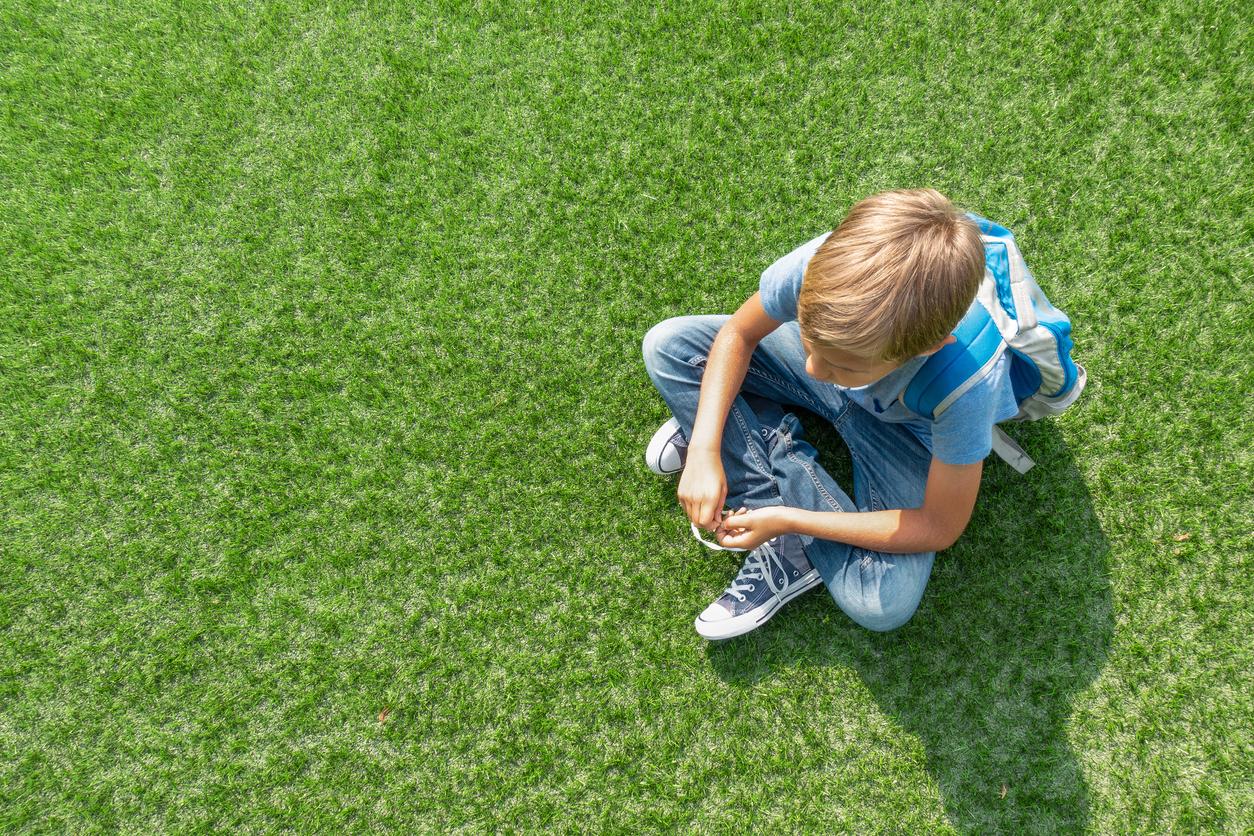The stuffed animal or toy is a real confidant for children.

Most children have a toy or stuffed animal they find hardest to part with. It is not by chance, because for them, it represents a real imaginary interlocutor who allows them to project what they live, their emotions, and their entourage.
Talking to his toy helps him grow
If for the little ones the toy or the stuffed animal has a role of comforter in the absence of the parents, it gradually has a role of transitional object which allows him to detach himself from his mother, in particular, to evolve towards a more active as a young child then later, of course, as an adult.
By talking to him, he replays what happened at school, at home or outside by giving himself a role that allows him to understand, but also to interpret the behavior of others. It thus addresses itself in a way to an extension of itself with total control of what is at stake.
When should you worry?
If the toy or stuffed animal is part of the child’s learning by allowing him to play or to confide in what concerns him, for some it is also a way of escaping the dialogue with the parents. This is where you have to wonder about the causes of this behavior which sometimes results in sudden aggressiveness towards your parents to favor only confidences with your toy.
The fact of wanting to put this distance can be linked to a too intrusive behavior on their part or a tendency to confide in an excessive way as if their child could hear everything and understand everything.
To find the right balance, don’t hesitate to regularly favor dialogue with your child, while leaving him enough space to play again or confide in his stuffed animal or toy.
Read more: “Why do babies play?” by Laurence Rameau, Philippe Duval editions.
.

















